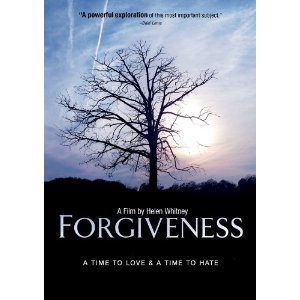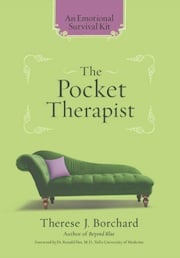 The following is an excerpt from a new book called “Forgiveness: A Time to Love and a Time to Hate” by Helen Whitney, and is reprinted with permission of the publisher. Her book is based on the PBS documentary.
The following is an excerpt from a new book called “Forgiveness: A Time to Love and a Time to Hate” by Helen Whitney, and is reprinted with permission of the publisher. Her book is based on the PBS documentary.
From the beginning of time humans have committed brutal acts against one other. In this last century alone historians estimate that despotic tyrants and their armies, inflamed citizens, and even neighbors have murdered at least a hundred million civilians. We have been producers and consumers of hatred, violence, injury, injustice, bigotry—the list is endless—and in the process have become lessened in our humanity. The enormity of these numbers numb us and can lead us away from a melancholy truth: that for civil war and genocide to take place, it is individuals who conduct the atrocities that so stun the mind and take us to the very limits of comprehension.
At the same time, we yearn for a trace of redemption, for repair, and to break free from addictive cycles of violence. We crave some kind of absolution. Is it because we cannot escape the horrors of living in a world of total transparency? Is it an informed cry of despair? Or of spiritual exhaustion? As our world faces increasing problems of guilt, as horror done to us yesterday becomes terror we inflict on others tomorrow, has forgiveness become our last hope from the endless recurrence of blame and failure? And, finally, is this new language of repair enduring and transformative, or is it fleeting and ultimately of little significance?
In the resonant words of John Paul II, it was his belief that forgiveness can purify memory; it can travel through time and history breathing life into the killing fields, into the collective soul of nations, and into the lives of its citizens. He adds, “Forgiveness is above all a personal choice, a decision of the heart to go against the natural instinct to pay back evil with evil.”
And though the world’s vast burial grounds are on a whole other scale when measured against individual suffering, nonetheless personal betrayal can cut as deeply as a machete. These wounds, if not tended to, can destroy lives, ravage families, and stain generations to come. Forgiveness has the potential to heal these intimate woundings of the soul. No less than any nation, an anguished heart cries out to forgive and to be forgiven. In the end, forgiveness begins and ends with one person facing another: mother and child, father and son, husband and wife, friends, strangers, enemies. The decision to forgive—or not—is a choice at the heart of our shared humanity.
* Click here to subscribe to Beyond Blue and click here to follow Therese on Twitter and click here to join Group Beyond Blue, a depression support group. Now stop clicking.

